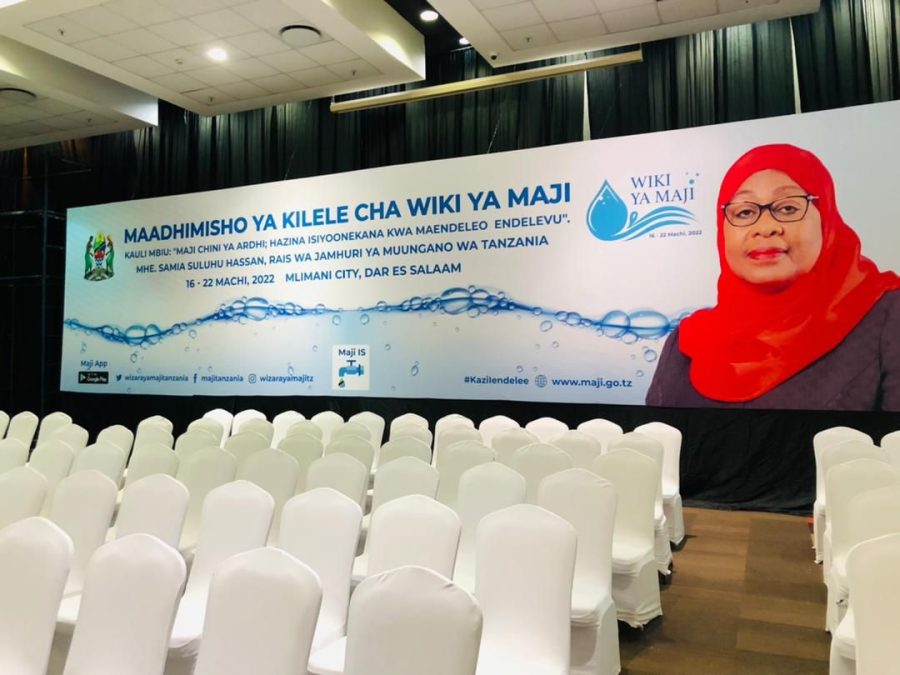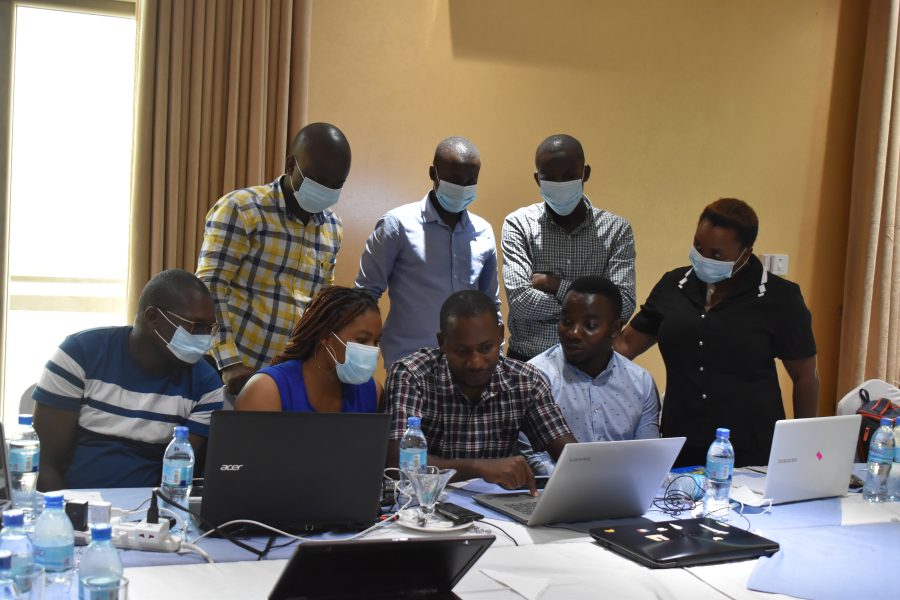Digitizing Water Management Systems for Sustainable Economic Growth in Tanzania
Many emerging economies and developing countries invest in special economic zones and industrial parks to boost their manufacturing and agricultural potential. However, as most industries heavily rely on water, their activities can lead to overuse and the discharge of untreated wastewater. These environmental risks not only affect adjacent populations, but can also lead to operational and supplier disruptions, higher production costs, reputational damage, and reduced investments. To reduce these risks, on an institutional level, the Natural Resource Stewardship Programme (NatuReS) seeks to embed water and natural resources stewardship principles into national and regional standards, as well as in the governance framework of economic zones and industrial parks.

Collaboration with the Ministry of Water
The Wami-Ruvu Basin Water Board (WRBWB) is one of the nine basin water offices in Tanzania under the overall structure of the Ministry of Water (MoW). WRBWB’s major responsibility is managing and protecting water sources in three of the country’s most important catchments, the Wami River Basin, the Ruvu River Basin, and the coastal drainages. As the main custodian of water resources, the Wami-Ruvu Basin Water Board has been collaborating with NatuReS through the partnership with the Export Processing Zones Authority (EPZA), in enhancing the regulatory environment for investors regarding water-related concerns. Moreover, they are collaborating to improve the overall attractiveness of these zones by helping to secure water as a key resource for economic development and transformation.
Digital water management systems for enhanced efficiency
In 2018, the WRBWB started to develop a permitting system that would enable the basin to issue water use, discharge and drilling permits online. Through this partnership and with NatuReS’ support, the online multi-agency Water User Information Management System (WUMIS) was further improved to include all water use and discharge permit application, payment, monitoring and reporting processes and to cater demand from different regulatory agencies such as the Dar es Salaam Water and Sewerage Authority (DAWASA), the Export Processing Zones Authority (EPZA) or the National Environment Management Council (NEMC). The developed online solution quickly attracted the interest of other Basin Water Boards in the country and discussions were held with the Ministry of Water (MoW).
Simultaneously, the MoW itself had already begun to develop a similar system targeting all nine water basins, called Maji Information System (Maji IS) with ‘Maji’ translating to ‘water’ in Kiswahili. Because of the similarities, the system functionalities of WUMIS and Maji IS were compared to identify the more convenient system that could be upscaled and made available countrywide. While many features are the same, it was concluded that WUMIS is a more suitable option, because it also includes the option for new users to apply for a water permit online. This lowers entry barriers by saving them the long-distance trip to central basin water board offices. By making the official application process more convenient and practical, the MAJI IS system helps to reach all users. Already existing permits are migrated into the new system.

Opportunities of a digital permitting system
Currently, the functionalities of WUMIS and Maji IS are being integrated into the government’s digital environment to make their services more efficient and accessible. After the finalization of these steps, the new permitting system will be managed by the Ministry and will be fully documented and programmed in an open-source system that will allow for future changes and additions.
This digital permitting system allows water management entities to predetermine time-specific demands for freshwater supply and wastewater discharge. By ensuring the supply of required quantities, water security for industrial production is increased. All in all, the development and implementation of digital water management solutions provide great opportunities to create regulatory clarity, ease water management and hence support a more sustainable economic growth in special economic zones and industrial parks.